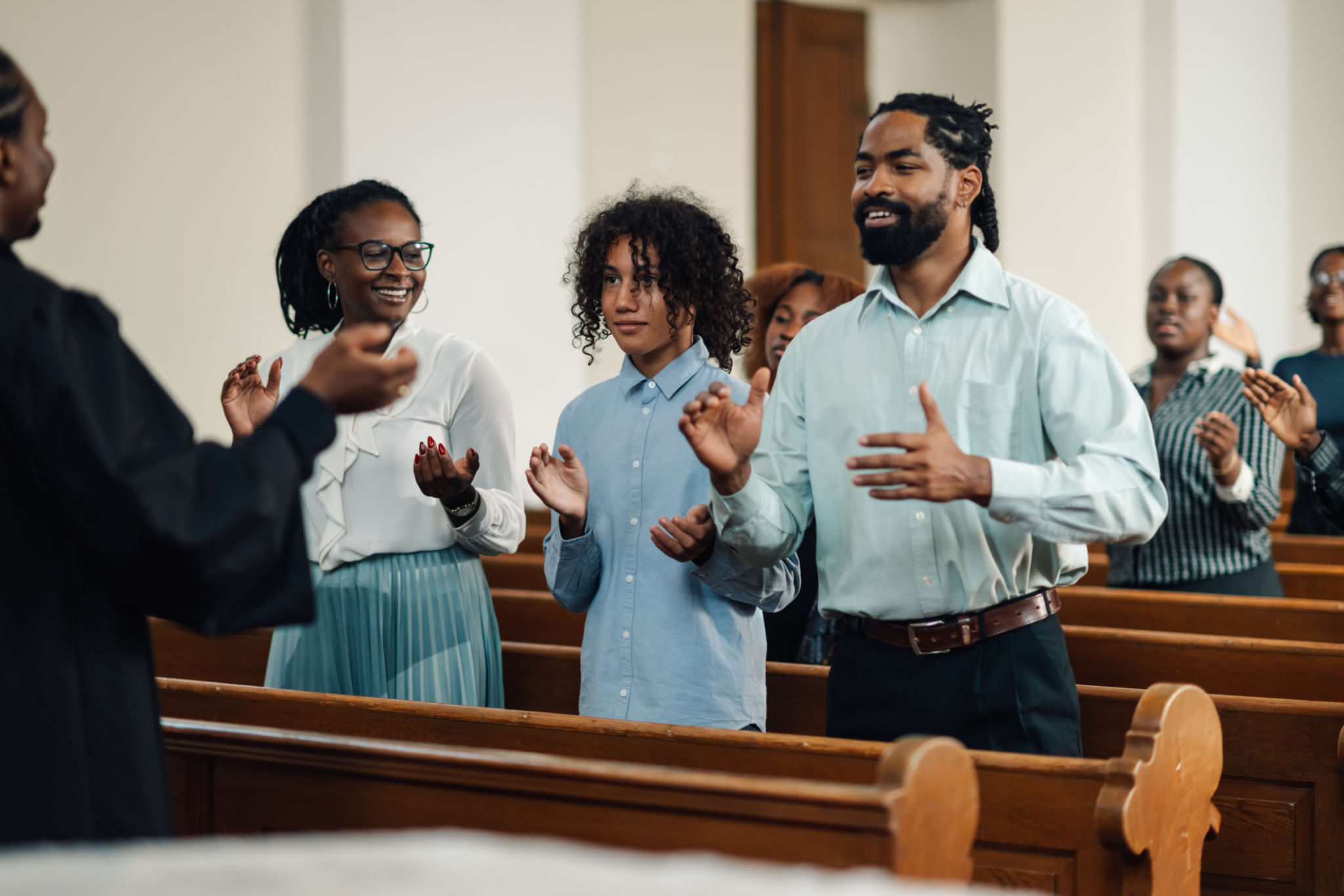Common Misconceptions About Church Services and Traditions
Understanding Church Services: Fact vs. Fiction
Church services are a cornerstone of many religious communities, yet they are often surrounded by a variety of misconceptions. These misunderstandings can lead to confusion or even deter individuals from participating in church activities. This article aims to debunk some of the most common myths about church services and traditions, offering clarity and insight.

Myth: Church Services Are Boring and Unchanging
A common misconception is that church services are monotonous and lack variety. While traditional services may follow a set order, many churches incorporate dynamic elements such as contemporary music, multimedia presentations, and interactive discussions. Churches strive to engage congregants in meaningful ways, often adapting their methods to reflect the changing cultural landscape.
Furthermore, different denominations and congregations have unique approaches to worship. Some prioritize liturgical practices, while others focus on spontaneous expressions of faith. This diversity means there's likely a service style that resonates with almost everyone.
Myth: Only Perfect People Attend Church
Another prevalent myth is that church is a place reserved for perfect or sinless individuals. In reality, churches are communities of people who recognize their imperfections and seek spiritual growth and support. Many attendees are open about their struggles and find solace in the collective journey toward personal and spiritual development.

This misconception can discourage people from attending services, fearing judgment or exclusion. However, most churches emphasize inclusivity and acceptance, welcoming everyone regardless of their past or present circumstances.
Myth: All Church Services Are the Same
Many people believe that all church services are identical, but this couldn't be further from the truth. While certain elements like prayer and scripture reading may be common, the style and structure can vary significantly between denominations and individual congregations.
- Denominational Differences: Different Christian denominations have distinct liturgical practices and theological emphases.
- Cultural Influences: Churches often reflect the cultural backgrounds of their members, incorporating local customs into their services.
- Service Formats: Some churches offer traditional services alongside contemporary ones to cater to diverse preferences.

Myth: Church Traditions Are Outdated
It's a widespread belief that church traditions are relics of the past with little relevance today. While some traditions have ancient roots, they often serve as a bridge connecting past wisdom with present-day challenges. Many traditions offer valuable lessons in community, morality, and spirituality.
Churches continually evaluate and adapt their traditions to ensure they remain relevant and meaningful. This ongoing process allows congregations to honor their heritage while addressing contemporary issues.
Conclusion: Embracing the Truth About Church Services
Understanding the reality behind these misconceptions can enrich one's experience with church services and traditions. By dispelling myths, individuals can approach church communities with an open mind, ready to explore the depth and diversity they offer.
Whether you're a regular attendee or someone curious about exploring faith, recognizing these truths can enhance your engagement with church life, leading to a more fulfilling spiritual journey.